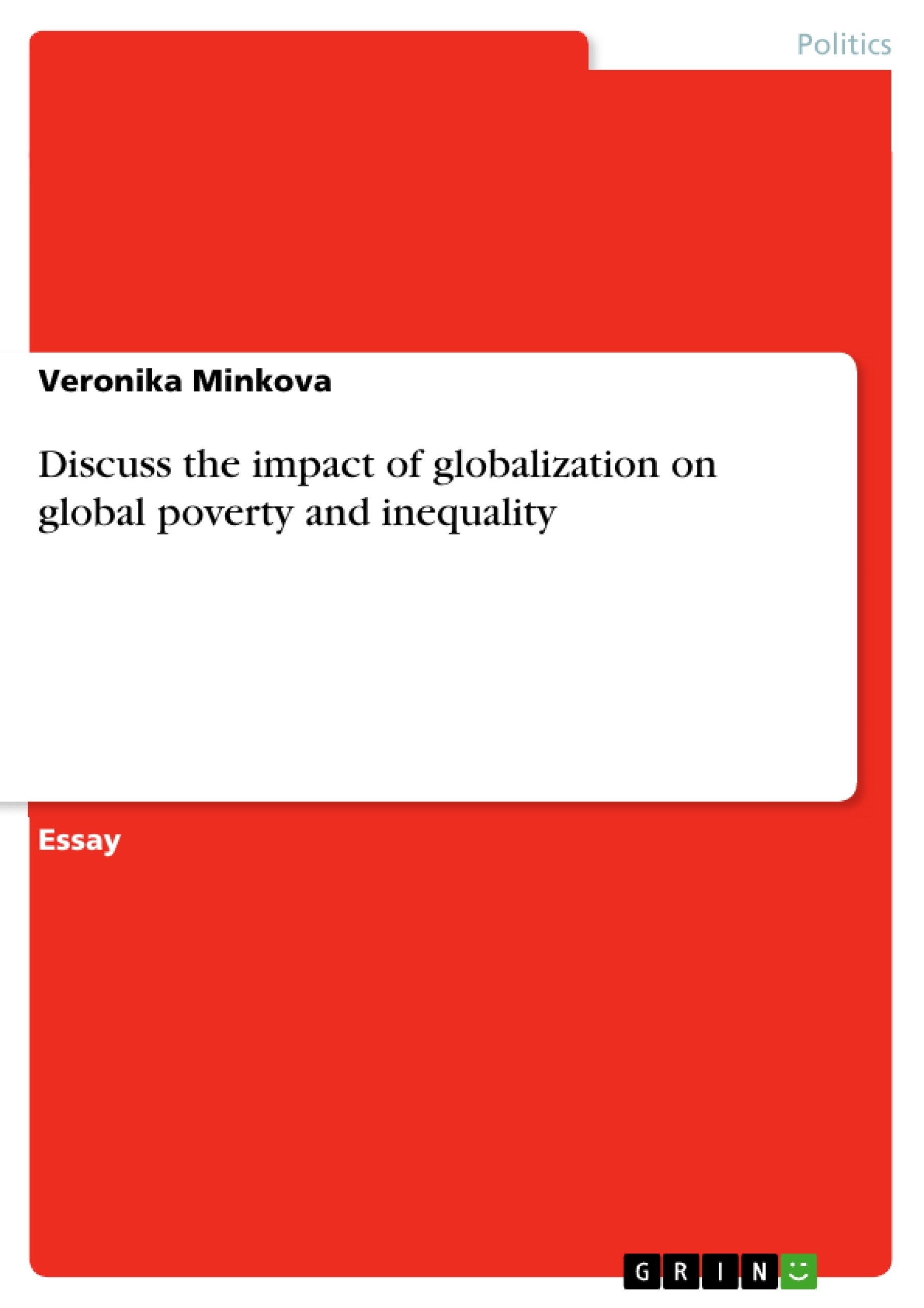The period from the end of the World War II to the mid-1970s saw world-wide sustained and high economic growth. Within a generation Western European society was transformed from predominantly agrarian to post-industrial. Latin America, Asia and Africa also were heading towards higher growth rates. During the 1980s, a new period of integration of national economies led to the intensification of international economic interconnectedness and developing economies were expected to overcome the between-country income gap through openness-growth link. This was seen as the manifestation of neoliberalism as new forms of international economic relations emerged such as industrialisation and the new international division of labour. However, as recent studies point towards increasing world poverty and inequality, scholars have re-examined the validity of the neoliberal argument. After years of implementing prescribed reforms, some developing countries and regions, such as Sub-Saharan Africa, have not experienced the expected growth. Chapter 2 summarizes the implications of the policy-paradigm inspired by the Washington Consensus. Chapter 3 identifies current trends in global poverty and inequality with attention to the different measures used to interpret world economic well-being. The next chapter analyses the openness-growth-inequality-poverty nexus. The final chapter seeks to recognize causes of poverty and inequality transmitted by the globalization process. The factors of poverty and inequality path dependence are grouped in four categories: economic openness and technological progress; macroeconomic policies; financialisation of the economy; and international financial institutions.
Table of Contents
- Introduction
- The Policy-Paradigm Inspired by the Washington Consensus
- Recent Trends in World Poverty and Inequality
- The Openness-Growth-Inequality-Poverty Nexus
- Causes of Poverty and Inequality Transmitted by the Globalization Process
Objectives and Key Themes
This paper explores the impact of globalization on global poverty and inequality. It examines the neoliberal policy paradigm, critiques the effectiveness of the Washington Consensus, and analyzes recent trends in global poverty and inequality.
- The impact of globalization on global poverty and inequality
- The neoliberal argument for openness and growth
- The effectiveness of the Washington Consensus
- Current trends in global poverty and inequality
- Factors contributing to poverty and inequality in the globalization process
Chapter Summaries
Chapter 2 discusses the policy paradigm inspired by the Washington Consensus, highlighting its key tenets and its impact on development strategies. It explores the critique of the neoliberal argument, particularly regarding its effectiveness in reducing poverty and inequality.
Chapter 3 examines current trends in global poverty and inequality, highlighting the different measures used to interpret world economic well-being. It discusses the controversies surrounding poverty rates and inequality trends, including the reliability of household surveys and the influence of China and India.
Chapter 4 analyzes the relationship between openness, growth, inequality, and poverty. It explores the factors that contribute to this complex nexus, including the role of economic liberalization, technology, and macroeconomic policies.
Chapter 5 focuses on the causes of poverty and inequality transmitted by the globalization process. It groups these factors into four categories: economic openness and technological progress; macroeconomic policies; financialization of the economy; and international financial institutions.
Keywords
This work examines the impact of globalization on global poverty and inequality, focusing on the neoliberal argument, the effectiveness of the Washington Consensus, and recent trends in global poverty and inequality. Key terms include globalization, poverty, inequality, neoliberalism, Washington Consensus, openness, growth, income convergence, foreign direct investment (FDI), poverty lines, inequality measures, Gini coefficient, country mobility, and financialization.
- Quote paper
- Veronika Minkova (Author), 2010, Discuss the impact of globalization on global poverty and inequality, Munich, GRIN Verlag, https://www.grin.com/document/179301




